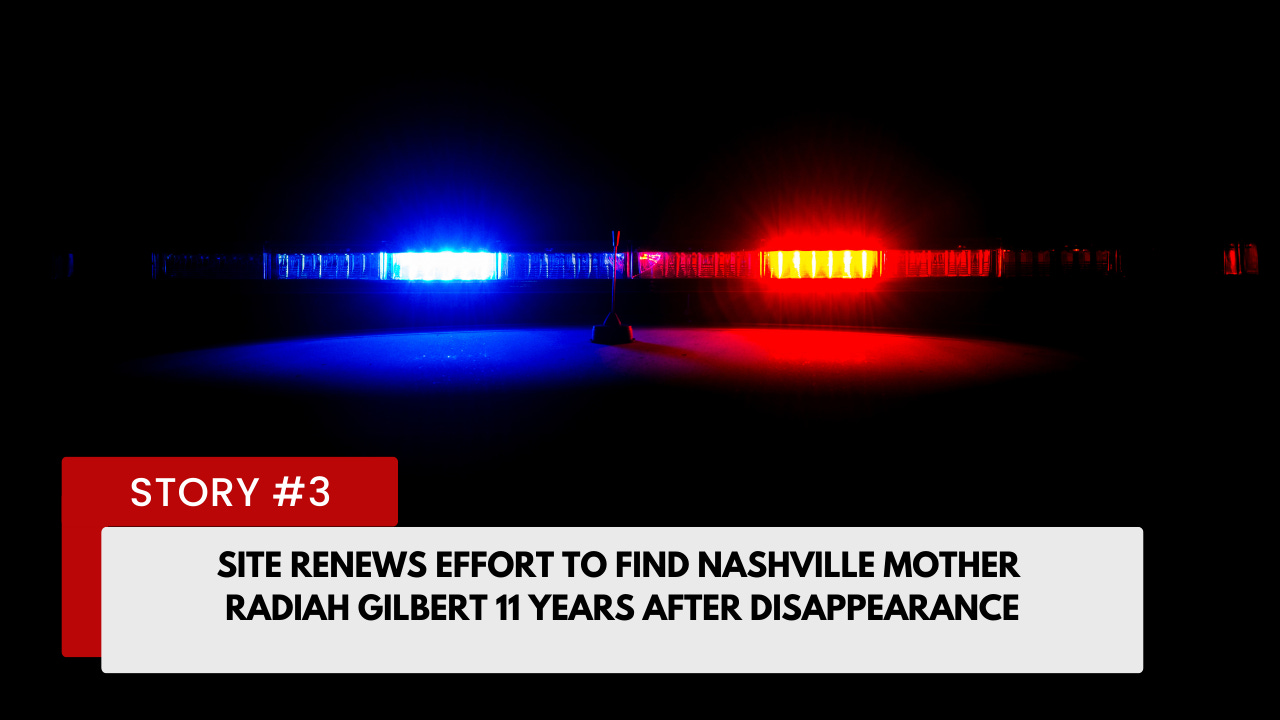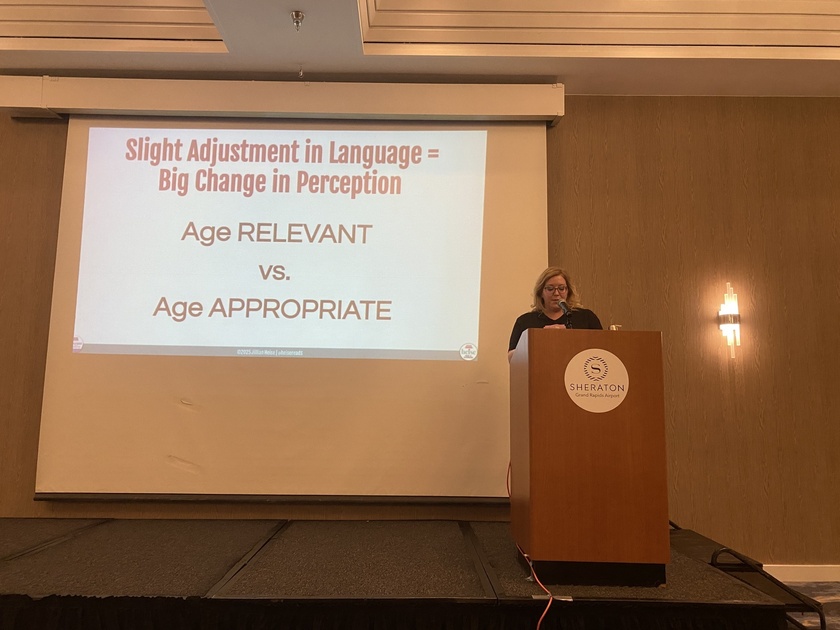I left 25 years in mainstream media to bring you the real stories that matter but often go untold. Support my mission for honest, independent journalism by becoming a paid subscriber. Your support makes a difference.


WASHINGTON D.C. - The Federal Emergency Management Agency supervisor fired for telling workers to avoid homes with Trump signs or flags said in an interview Tuesday that “senior leadership” at FEMA was well-aware of this guidance and it was not an isolated incident.
The FEMA supervisor, Marn’i Washington, said in an interview with show host Roland Martin that she instructed her survivor assistance team in Lake Placid, Florida, to avoid homes with Trump signs or flags not on her own, but due to what FEMA refers to as a “community trend” where people who fell in that category were hostile to FEMA workers.
Washington’s allegations track with what hurricane survivors have told Breitbart News and other outlets in North Carolina, where survivors said it took six days after Hurricane Helene for federal disaster assistance workers to arrive and that they were not proactive in seeing if survivors needed assistance. Click here to read more.

LOS ANGELES, CALIF - Los Angeles Mayor Karen Bass confirmed this week she wants to see her city officially become a “sanctuary” for illegal immigrants before President-elect Donald Trump returns to the White House next year.
Bass, a Democrat who has served as the mayor of Los Angeles since December 2022, would like to see the quick passage of an ordinance proposal that would make her hometown a sanctuary city before the year’s end, according to comments she made to local radio station KNX News. The statements position her as one of the latest Democratic politicians aiming to stymie Trump’s hardline immigration agenda.
The Democrat mayor said she was originally not aware that Los Angeles wasn’t a sanctuary city already, noting that it needs to become one before Trump takes back the White House in January. Click link to read more.

NASHVILLE, Tenn. — It’s been eleven years since a 21-year-old mother disappeared in East Nashville. At the time Radiah Gilbert was about 6-7 months pregnant.
It’s just one of hundreds of cases Metro Nashville police hope to shed light on after a cold case website launched several weeks ago.
In June 2013, 21-year-old Radiah Gilbert was last seen at the Roadway Inn on Trinity Ln. The inn is now permanently closed.
“Although it was usual for Radiah to be gone for a long period of time, it was unusual for her to be gone this long,” Lieutenant Jill Weaver, Metro Nashville Police Department Cold Case Homicide Detective said.
Lt. Weaver is the detective on Gilbert’s case. She said at the time of her disappearance, Gilbert found herself on the wrong path and staying at various inns. “She had been involved in prostitution and there were people in and out of her life.”
At the time, Gilbert’s two-year-old child was being cared for by her mother and Gilbert was up to 7 months pregnant.
“We feel strongly that Radiah was a victim of foul play, or something nefarious happened to her that ended her life,” Weaver said. “People don’t just fall off the face of the earth.”
For over a decade, Weaver investigated the case and hoped to give some answers to Gilbert’s mother. Click here to read more.

THATCHER, Ariz. — A 10-year-old girl in Arizona likes to spend her time raising and selling chickens.
After selling enough of the chickens to raise a few thousand dollars, the family of Kinley Maner said the bank was keeping the money.
While living a rural life in Thatcher, which is located about three hours southeast of Phoenix, Kinley began spending her time raising chickens to sell at the county fair.
“I just thought that it would be fun, because when they’re little, they’re so cute,” Kinley said.
J.R. Maner, Kinley’s father, said the experience has been a lot of fun for his daughter and taught her a lot about chickens.
“It really taught her kind of strict obedience of being out there and taking care of an animal,” he said.
Kinley proudly showed her chickens at the Graham County Fair, eventually putting them up for auction.
After all was done, Kinley’s six chickens sold for a whopping $2,100.
The treasurer of the Small Stock Association wrote Kinley a check, which was electronically deposited at Chase Bank in the bank account of her mother, Kalli Maner.
“So we cashed it,” her father said. “Didn’t think it would be a big deal. And the next day, Chase closed Kalli’s bank account.”
And Kinley’s check was also frozen, meaning she didn’t get that $2,100.
Kalli Maner spent hours on the phone with Chase trying to get answers.

DETROIT, MICH– Detroit’s public school district has launched a program that will pay each student $2,000 for completing a 40-hour tutoring program, allowing the students to make $50 an hour.
The school board needs to approve the program at today’s meeting or else student payments would be capped at $1,000.
According to district documents, students would work with trained teachers and academic interventionists for one hour a day, four days a week for 10 weeks.
“The District recognizes that many students must work after school jobs,” the district stated in the memo distributed to the school board. “In order to support our students and recognize their need to earn money, the District will provide students $2,000 if they complete the 40 hour tutoring program.”
The first session began Nov. 11 and then a second session would begin in January. Students can only participate one time. The district believes more than 400 high school students will participate. The participants will be paid via a gift card.
“The Detroit Public Schools Community District is excited to announce the launch of our High School Paid Tutoring Program,” said Chrystal Wilson, the school district spokeswoman, in an email to Michigan News Source. “Designed to support our students’ academic journeys, this initiative offers tutoring from Orton Gillingham trained educators. This is a new program, it launched on Monday 11/11 with the first tutoring session.” Click here to read more.
























